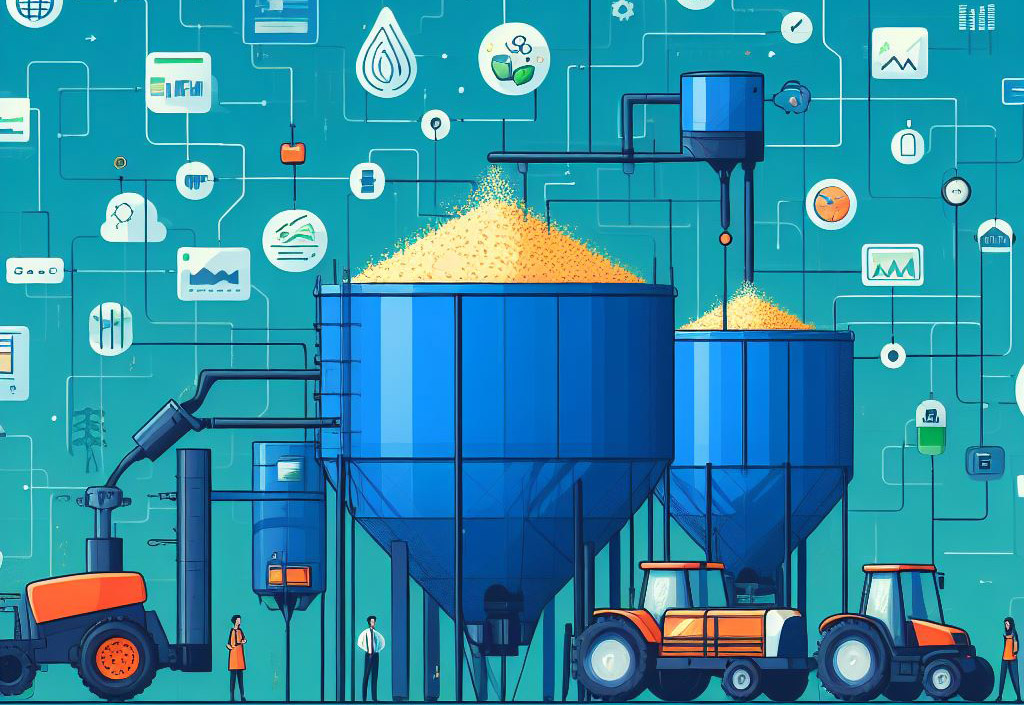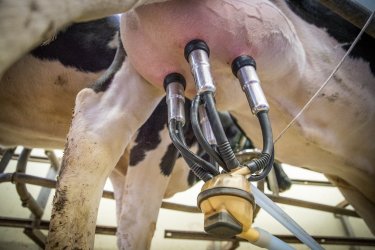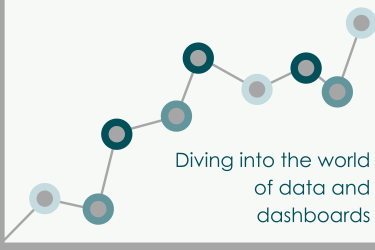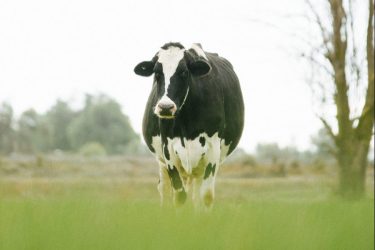Promar is involved in dozens of projects at all levels of the supply chain. As with all industries, our work generates increasingly large data sets, which require ever-more complex analysis. Welcome to the big-data future of agri-business, as presented in conversation with our Divisional Director of Agri-Food, John Giles.
Farming’s always been driven by data, hasn’t it? What’s changed?
Of course, farming and data have evolved together for hundreds of years. However, what is happening now is due to the explosion of digital data. Big data. Modern machines can record enormous amounts of the stuff – which can then be analysed and interpreted to refine and improve all production processes.
Some industries have been quick adopters. Banking. Healthcare. Telecoms. Retail. Logistics. Travel and transport. Agri-business is playing catch-up to some degree, but it is progressing very quickly.
There is quite a lot of concern at times, not least over the ownership and subsequent use of this data, particularly among some producers. However, the trend is unstoppable. Consequently, it needs to be embraced and controlled – and there needs to be reassurance and legislation that protects the integrity of people’s data.
What sort of data-led projects are Promar working on?
We are working on data-led projects for government bodies, including Innovate UK as well as large food and drink companies, retailers, and those in the food-service sector, as well as individual farmers and farm consortia.
These projects aren’t just in the UK. We have assignments ongoing in South Africa, the USA, Chile, various parts of the EU, Georgia, and more.
Projects include surveying and assessing the production of dairy, beef, fruit, nuts, vanilla beans, food and drinks processing. That’s just scratching the surface though. There is so much going on.
What benefits are you seeing by using big data?
One thing is obvious already – there’s an acceleration of the trend towards precision-based production of crops and livestock. Like all data-driven industries, this approach is enabling production to become more sophisticated, controlled and exact, and almost impossible to avoid.
Like so many other modern industries, this complexity is altering the way things are produced and processed. Supply chains themselves are becoming more sophisticated. In fact, they’re not really chains any more, they’re networks – complex systems of input suppliers, farmers, processors, third-party logistics, distributors and retailers. Increasingly, digital connectivity binds participants together.
We must remember though, we’re still near the beginning. Big data will be an ongoing journey of knowledge and discovery that will never really end. As consolidation of the supply network accelerates, more and more data will be generated and shared.

So, there’s no endpoint to this?
No. The possibilities are vast. Handled wisely, this will lead to a range of better business outcomes – more precise technical farm and food production, support being given to customers and a greater degree of business competitiveness. This will also include being in a better position to achieve the sustainability goals that we must achieve.
In nearly all cases, customer needs drive these developments – not least from major international retailers. Investments in data, digitalisation and enterprise resource planning systems (ERP) will assist in priority setting, benchmarking, retaining and winning new customers, implementation of internal projects and supply chain developments.
Getting the use of data right will help drive both the top and bottom line of a balance sheet. Being linked up with numerous data streams can also lead to much better forecasting, planning, product ordering, automation of functions such as invoicing and cash collection – and will lead to an enhanced understanding of customers, and ultimately to better customer experiences.
What’s hindering the adoption of data-driven farming?
There are a few things that come to mind. The complexities of the industry. The issue of costs of investment in data-collecting equipment. And, of course, concerns about data security (as summed up in the conclusion to this academic paper, from 2019).
We have mentioned the issue of ownership of data is ongoing, and like so many challenges this issue really needs the leadership of the key players in the supply chain to show the way forward.
Promar takes this issue very seriously. In all our data research and data-based work, we follow strict GDPR protocols. We only share data, internally and externally, with the permission of those involved. All of us understand and concur with the ethical issues surrounding data security and will support measures to protect its integrity.
What needs to happen for agri-business to make best use of data?
Well, the sector is in something of a perfect storm, caused by supply chain shocks, the impact of climate change, the issue of food security, ongoing tech acceleration and geo-political events. As a result, agri-food and drink businesses need to accelerate their efforts to digitise systems to harness their potentials. There needs to be a move towards digital unification.
For the leading players in farming and food sectors, as well as having great tech there is a need to assume the role of thought leaders. I include Promar in this. Collecting, analysing, and presenting hard data is one thing: it is the ability to be able to interpret this to provide clear, meaningful, useful guidance to our clients that really counts.
What are the main types of data analysis?
-
Descriptive Analytics
The simplest type of analytics and the foundation the other types are built on. Allows you to pull trends from raw data and succinctly describe what happened or is currently happening.
Answers this question: “What happened?”
-
Diagnostic Analytics
This includes comparing coexisting trends or movement, uncovering correlations between variables, and determining causal relationships where possible.
Compares coexisting trends or movement, uncovering correlations between variables, and determining causal relationships where possible.
Answers this question: “Why did it happen?”
-
Predictive Analytics
This is used to make predictions about future trends or events.
Makes use of statistical models and machine-learning algorithms to forecast future market trends, weather patterns, and crop yields.
Answers this question: “What might happen in the future?”
-
Prescriptive Analytics
Generates optimized strategies and recommendations based on data-driven insights, empowering farmers to make the most effective decisions.
Prescriptive analytics takes into account all possible factors in a scenario and suggests actionable takeaways. This type of analytics can be especially useful when making data-driven decisions.
Answers this question: “What should we do next?”
- Read more
So how is Promar in a position to help?
Put simply, we have 145 staff who are trained in the ability to analyse, interpret, and communicate data-based information to our clients. It allows us to help clients make decisions on how best to manage their businesses and organisations.
At the core, we have a team of data analysts, who work specifically with data, devising analytical systems, managing projects and advising companies as well as government agencies on best-practice. Their capability, knowledge, and experience of all elements of the food network makes us uniquely placed to help shape the inevitable digital future that our industry is moving into.
Flexible, data-backed analysis will help us all, as we address the pressing issues of our world: including sustainability, market expansion and industry consolidation. It will help us all to develop more resilient procurement methods, as well as more efficient processing and marketing of our agri-food products. It will be those that can collect and record data efficiently, and then have the capacity to interpret it, who will thrive in the future that we are moving towards.
Any final words, John?
Simply this: if any of this resonates with you and you would welcome the opportunity to discuss more about what we are doing around data, so would we! Please do get in touch.








